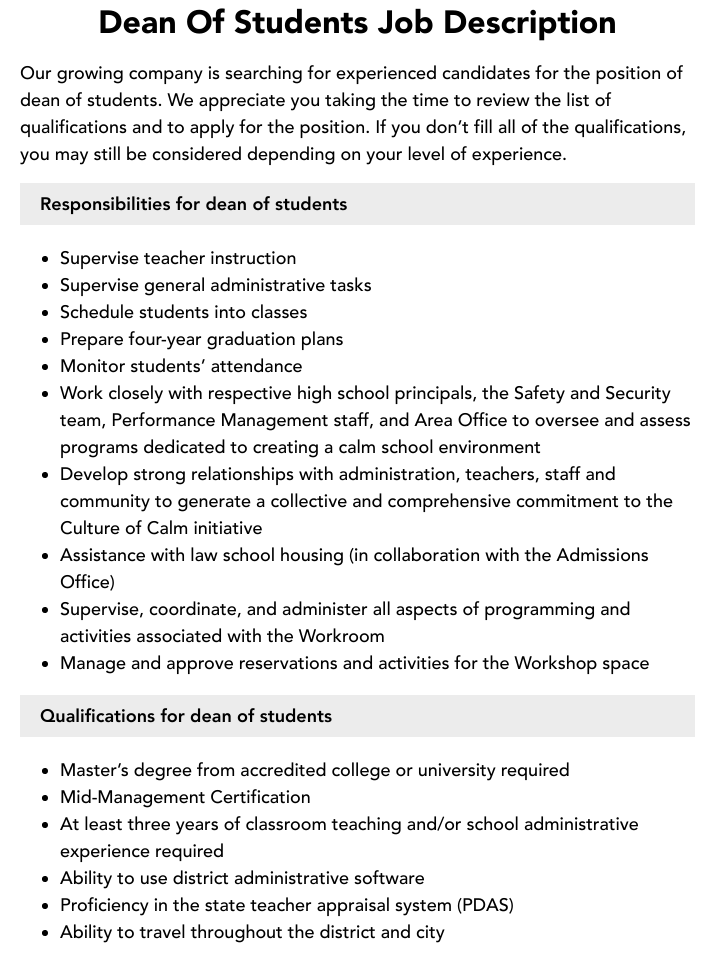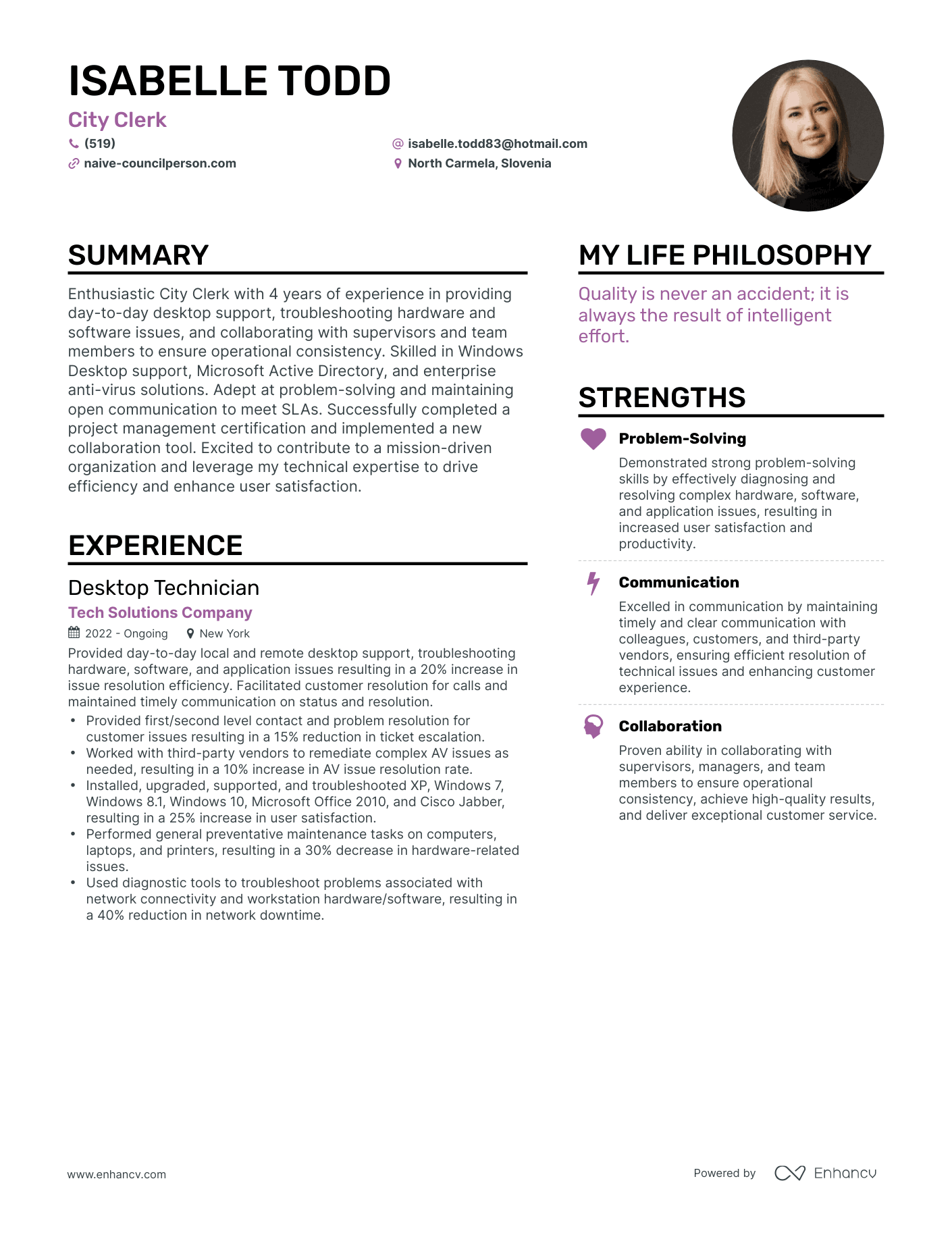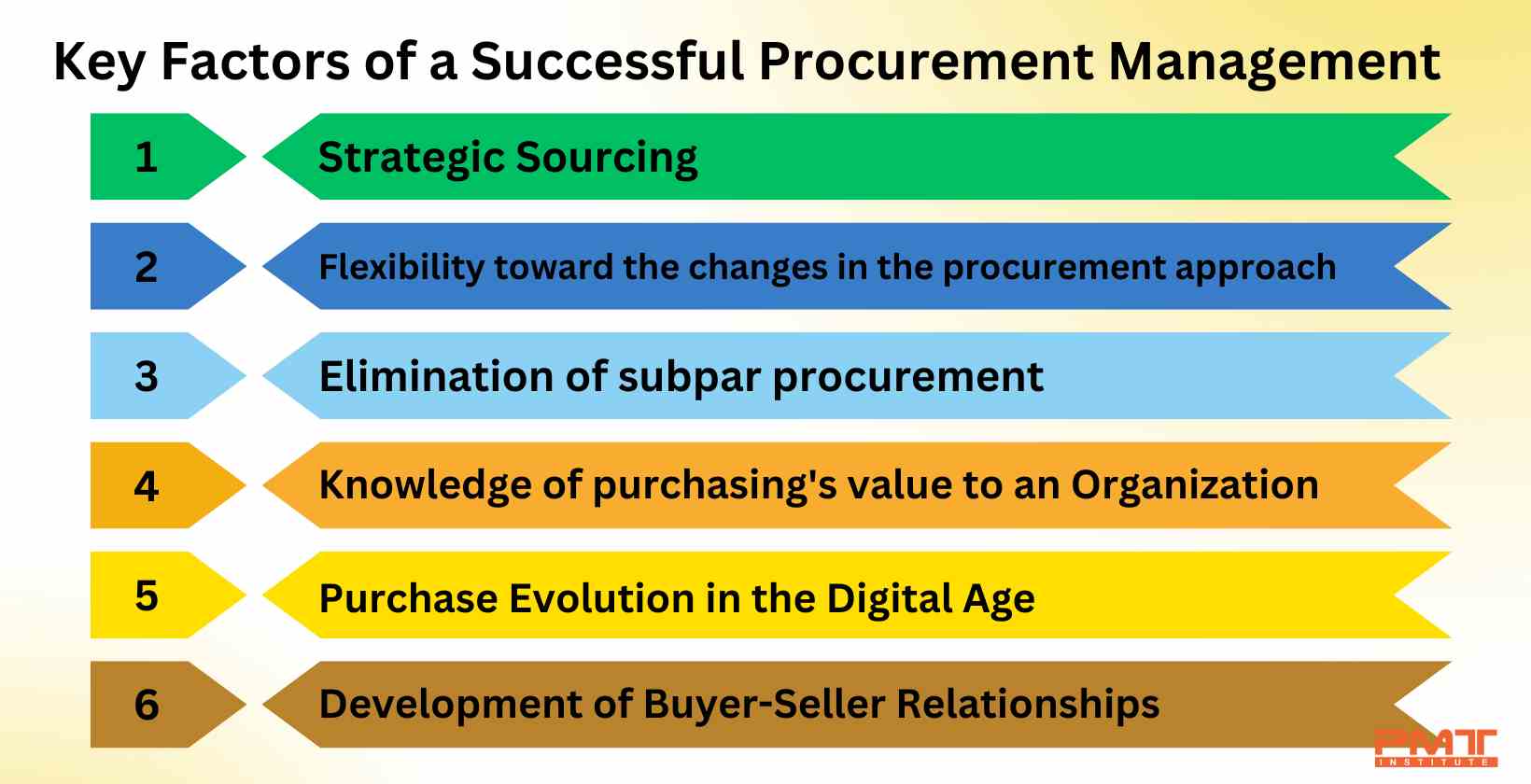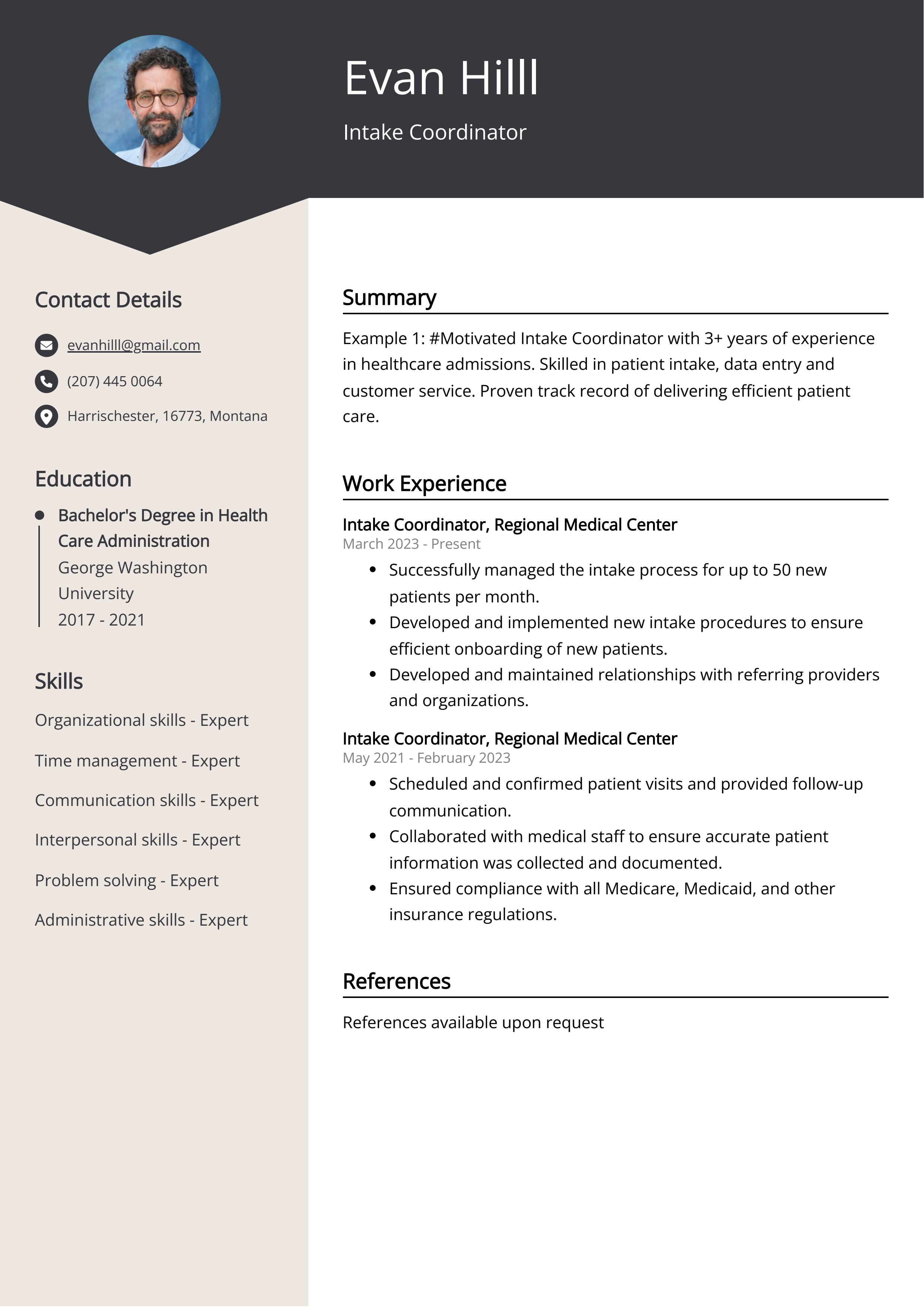
An accounts payable accounts receivable job description outlines the responsibilities and qualifications for individuals handling accounts payable and accounts receivable within an organization. It typically includes tasks such as processing invoices, managing payments, reconciling accounts, and ensuring compliance with financial regulations.
This job description plays a crucial role in attracting and hiring qualified candidates who can effectively manage the financial transactions of a company. Clear and well-defined job descriptions help organizations establish a solid foundation for their accounting operations and contribute to the overall financial health of the business.
Main article topics may include:
- Responsibilities of Accounts Payable and Accounts Receivable Clerks
- Qualifications and Skills Required
- Importance of Accurate and Timely Processing
- Best Practices for Accounts Payable and Accounts Receivable Management
- Career Advancement Opportunities
1.
The duty of processing invoices, payments, and reconciling accounts is a fundamental aspect of accounts payable accounts receivable job description. These tasks are essential for maintaining accurate and up-to-date financial records, ensuring that payments are made on time, and invoices are processed efficiently. The ability to perform these tasks accurately and efficiently is crucial for the smooth operation of any organization.
Processing invoices involves reviewing and approving invoices for payment, ensuring that the goods or services have been received and that the invoice is accurate. Payments must be processed promptly to avoid late payment penalties and maintain good relationships with vendors. Reconciling accounts involves comparing records of transactions to ensure that they match, identifying and correcting any discrepancies.
Individuals responsible for processing invoices, payments, and reconciling accounts must have a strong understanding of accounting principles and procedures. They must be able to work independently and as part of a team, and be able to meet deadlines and work under pressure. Attention to detail and accuracy are essential qualities for this role.
2.
In the context of accounts payable accounts receivable job description, knowledge of accounting principles and experience in accounts payable and accounts receivable are essential requirements for several reasons. These facets provide a solid foundation for individuals to perform the duties and responsibilities associated with this role effectively.
-
Understanding Accounting Principles
A thorough understanding of accounting principles enables individuals to record, classify, and summarize financial transactions accurately. This knowledge is crucial for maintaining the integrity of financial records and ensuring that financial statements are presented fairly.
-
Managing Accounts Payable
Experience in accounts payable allows individuals to efficiently manage the process of paying creditors. This includes reviewing and approving invoices, processing payments, and maintaining vendor relationships. Effective accounts payable management ensures timely payments and avoids penalties or disruptions in the supply chain.
-
Handling Accounts Receivable
Experience in accounts receivable empowers individuals to manage the process of collecting payments from customers. This includes invoicing customers, tracking payments, and resolving any disputes. Efficient accounts receivable management ensures timely cash flow and minimizes bad debts.
-
Compliance and Accuracy
Knowledge of accounting principles and experience in accounts payable and accounts receivable enable individuals to comply with relevant laws and regulations. This ensures the accuracy and reliability of financial records, which is essential for maintaining the trust of stakeholders and avoiding legal or financial penalties.
In summary, knowledge of accounting principles and experience in accounts payable and accounts receivable are indispensable for individuals seeking a career in this field. These facets provide the necessary skills and expertise to manage financial transactions effectively, ensuring the accuracy and integrity of financial records, and contributing to the overall financial health of an organization.
3.
In the context of accounts payable accounts receivable job description, ensuring accuracy and timeliness in processing transactions is of paramount importance. Accurate and timely processing of accounts payable and accounts receivable transactions is essential for maintaining the financial health of an organization. It helps ensure that payments are made on time, invoices are processed efficiently, and financial records are up-to-date.
-
Accuracy in Accounts Payable
Accuracy in accounts payable ensures that payments are made to the correct vendors, for the correct amount, and on time. This involves carefully reviewing invoices, matching them to purchase orders and receiving reports, and verifying that the goods or services have been received.
-
Timeliness in Accounts Payable
Timeliness in accounts payable is essential for avoiding late payment penalties, maintaining good relationships with vendors, and ensuring a smooth flow of goods and services. It involves processing invoices promptly and ensuring that payments are made by the due date.
-
Accuracy in Accounts Receivable
Accuracy in accounts receivable ensures that invoices are sent to the correct customers, for the correct amount, and on time. This involves carefully preparing invoices, verifying customer information, and ensuring that the goods or services have been delivered.
-
Timeliness in Accounts Receivable
Timeliness in accounts receivable is essential for maximizing cash flow and minimizing bad debts. It involves promptly invoicing customers, following up on overdue invoices, and offering flexible payment options.
Overall, ensuring accuracy and timeliness in processing transactions is a critical aspect of accounts payable accounts receivable job description. It helps organizations maintain accurate financial records, avoid costly errors, and maintain strong relationships with vendors and customers.
4.
In the context of accounts payable accounts receivable job description, adhering to financial regulations and internal controls is a crucial aspect that ensures the integrity, accuracy, and reliability of financial transactions.
-
Compliance with Financial Regulations
Accounts payable accounts receivable professionals must comply with various financial regulations, such as Generally Accepted Accounting Principles (GAAP) and International Financial Reporting Standards (IFRS). These regulations provide a framework for recording, classifying, and reporting financial transactions, ensuring consistency and transparency in financial reporting.
-
Adherence to Internal Controls
Internal controls are policies and procedures implemented within an organization to safeguard its assets, prevent fraud, and ensure the accuracy of financial records. Accounts payable accounts receivable professionals must adhere to these internal controls to minimize risks and maintain the integrity of financial transactions.
-
Importance of Compliance and Adherence
Compliance with financial regulations and adherence to internal controls are essential for several reasons. They:
- Enhance the accuracy and reliability of financial records
- Minimize the risk of errors, fraud, and financial losses
- Ensure transparency and accountability in financial reporting
- Maintain the trust of stakeholders, including investors, creditors, and customers
-
Consequences of Non-Compliance
Failure to comply with financial regulations and internal controls can lead to severe consequences. These may include:
- Financial penalties
- Legal liabilities
- Damage to the organization’s reputation
- Loss of trust from stakeholders
Overall, adhering to financial regulations and internal controls is a fundamental aspect of accounts payable accounts receivable job description. It ensures the accuracy and reliability of financial transactions, minimizes risks, and maintains the trust of stakeholders.
FAQs on Accounts Payable Accounts Receivable Job Description
This section addresses common questions and misconceptions related to accounts payable accounts receivable job description, providing concise and informative answers.
Question 1: What are the typical responsibilities included in an accounts payable accounts receivable job description?
Accounts payable accounts receivable professionals are responsible for processing invoices, managing payments, reconciling accounts, and ensuring compliance with financial regulations. They also maintain accurate and up-to-date financial records and provide support to other departments within the organization.
Question 2: What qualifications are typically required for an accounts payable accounts receivable position?
Most accounts payable accounts receivable positions require a high school diploma or equivalent, along with experience in accounts payable or accounts receivable. Additional qualifications may include a bachelor’s degree in accounting or a related field, as well as certification in accounts payable or accounts receivable.
Question 3: What are the key skills and abilities needed to succeed in an accounts payable accounts receivable role?
Successful accounts payable accounts receivable professionals possess strong analytical and problem-solving skills, as well as a keen attention to detail and accuracy. They are also proficient in Microsoft Office Suite and accounting software, and have a solid understanding of accounting principles and financial regulations.
Question 4: What are the career advancement opportunities for accounts payable accounts receivable professionals?
With experience and additional qualifications, accounts payable accounts receivable professionals can advance to supervisory or managerial roles within the accounting department. They may also pursue careers in financial analysis, auditing, or consulting.
Question 5: What are the key challenges faced by accounts payable accounts receivable professionals?
Accounts payable accounts receivable professionals often face challenges related to managing large volumes of transactions, ensuring compliance with regulations, and keeping up with technological advancements in the field.
Question 6: What is the importance of having a clear and well-defined accounts payable accounts receivable job description?
A clear and well-defined accounts payable accounts receivable job description helps organizations attract and hire qualified candidates, establish a solid foundation for their accounting operations, and ensure that the responsibilities and expectations of the role are clearly understood.
In summary, understanding the key aspects of an accounts payable accounts receivable job description is crucial for organizations and individuals alike. By providing clear expectations and outlining the necessary qualifications, skills, and responsibilities, organizations can effectively manage their financial transactions and individuals can pursue successful careers in this field.
Transition to Next Section: Effective Accounts Payable Accounts Receivable Management Practices
Tips for Accounts Payable Accounts Receivable Management
Effective accounts payable and accounts receivable management is crucial for maintaining the financial health of an organization. Here are five tips to improve your accounts payable and accounts receivable processes:
Tip 1: Automate your processes
Automating accounts payable and accounts receivable processes can save time and reduce errors. There are many software solutions available that can help you automate tasks such as invoice processing, payment processing, and reconciliation.
Tip 2: Outsource non-core tasks
If you don’t have the resources to manage accounts payable and accounts receivable in-house, you can outsource these tasks to a third-party provider. This can free up your staff to focus on more strategic initiatives.
Tip 3: Establish clear policies and procedures
Having clear policies and procedures in place will help ensure that your accounts payable and accounts receivable processes are followed consistently. This will help to reduce errors and improve efficiency.
Tip 4: Train your staff
Your staff needs to be properly trained on your accounts payable and accounts receivable processes. This will help them to perform their jobs effectively and efficiently.
Tip 5: Monitor your performance
Regularly monitoring your accounts payable and accounts receivable performance will help you to identify areas for improvement. You can use key performance indicators (KPIs) to track your progress and make necessary adjustments.
Summary of Key Takeaways:
- Automating accounts payable and accounts receivable processes can save time and reduce errors.
- Outsourcing non-core tasks can free up your staff to focus on more strategic initiatives.
- Establishing clear policies and procedures will help ensure that your accounts payable and accounts receivable processes are followed consistently.
- Training your staff will help them to perform their jobs effectively and efficiently.
- Regularly monitoring your accounts payable and accounts receivable performance will help you to identify areas for improvement.
By following these tips, you can improve the efficiency and effectiveness of your accounts payable and accounts receivable processes.
Transition to Conclusion: The benefits of effective accounts payable and accounts receivable management are numerous.



